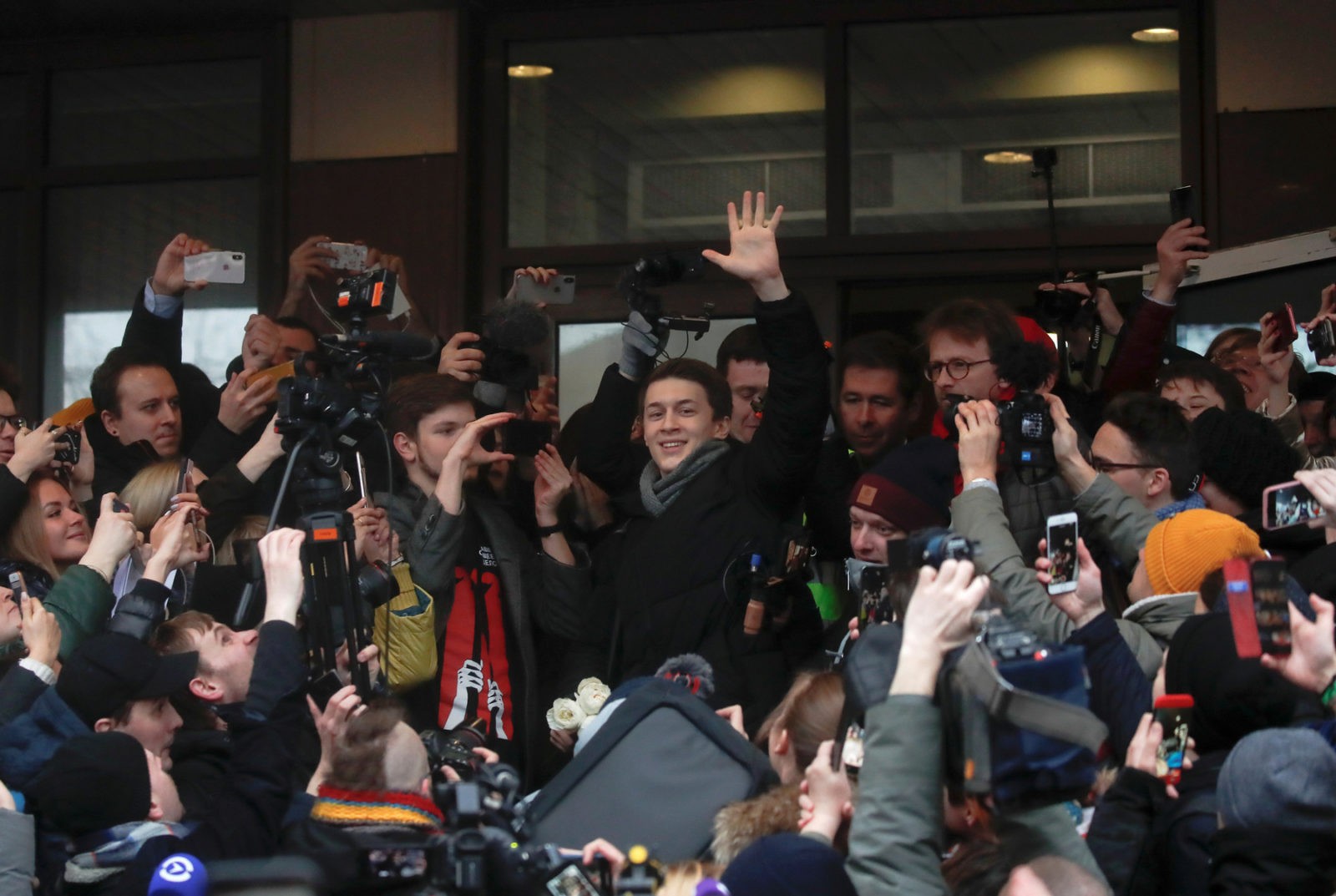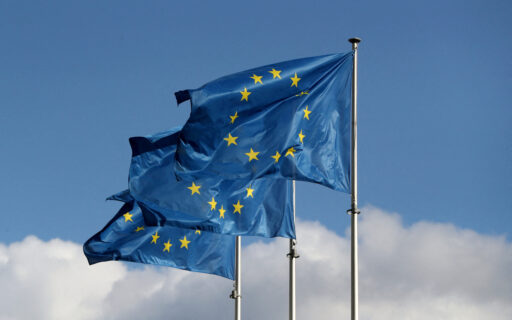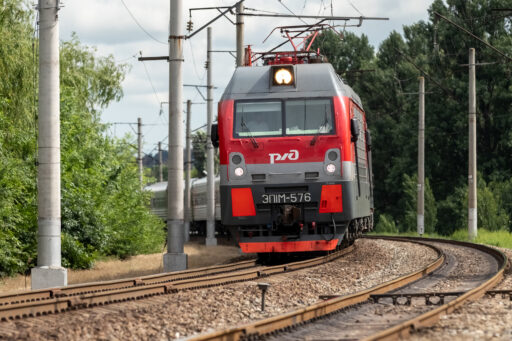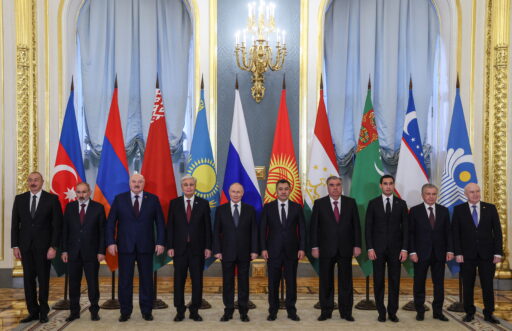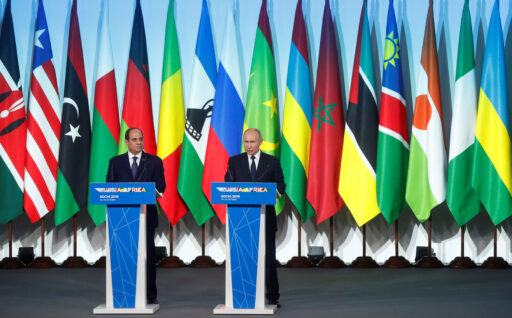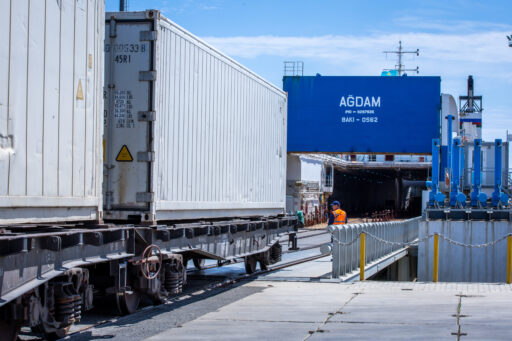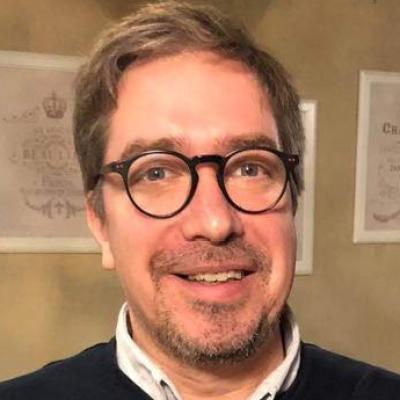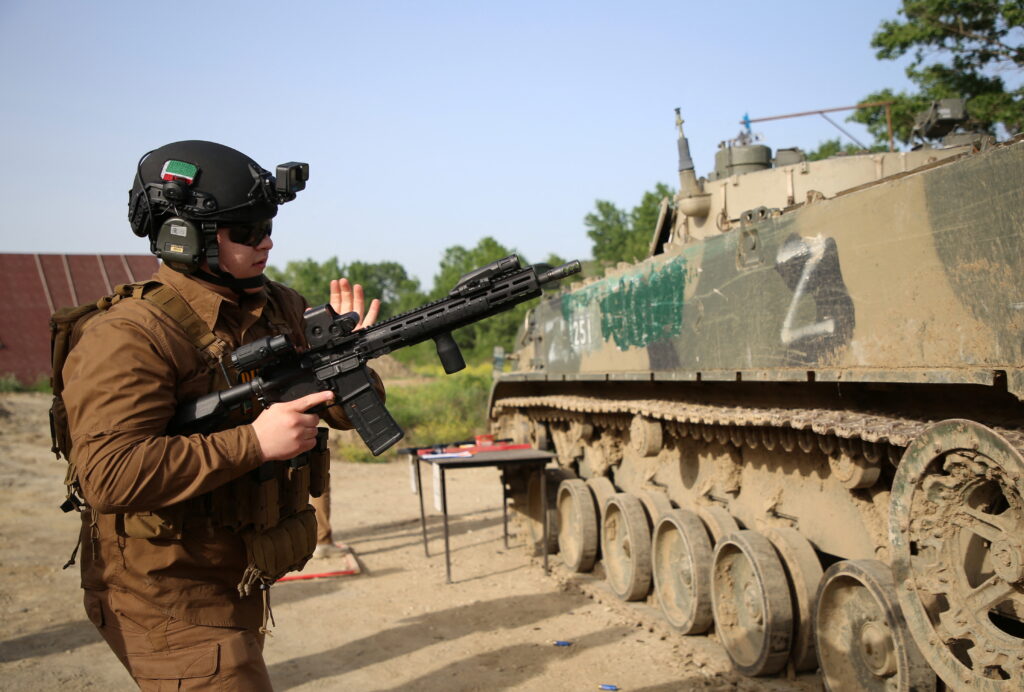Repeated outbreaks of anti-government protests this year have prompted a series of trials, which collectively have become known as the “Moscow Case.” Last Friday the various protestors on trial heard their sentences. How their punishments were meted out offers a crisp snapshot of how the Russian state is evolving. The need for such evolution is underscored by the uncomfortable clashes between an authoritarian, closed state and its own young citizens, modern people who are not inclined to accept authoritarian power methods of rule by default. The state, in response, is having to keep up with the kids.
What gets publicized in the singular in Russian news outlets as “the Moscow Case” is in fact several criminal cases involving citizens whom the police picked up basically at random between July and November from among people attending protests during the summer. Seven years ago the moniker “the Bolotnaya Square Case” appeared in exactly the same way, as a catch-all descriptor for a clump of trials held to single out and punish a sample of protestors who had taken part in protests in May 2012 on Bolotnaya Square.
It is a long tradition for the public imagination to combine several processes and assign them jointly a memorable name. Other historical examples, besides the Botolnaya Square case (2012–2016), include the “Industrial Party Trial” (1930) and the “Moscow Trials” (1936-38). It would seem that this tradition should have long passed into the history books. What do the events of the 1930s and 2010s have in common? The problem with trying to draw any historical parallels is that there are usually more differences than similarities. But the similarities in the case under discussion with past cases are so obvious that they force us to resort to the usual definition for the umpteenth time: all of these processes are fabricated and show trials. The only differences are in the details.
The protests of 2019 were launched by Muscovites disagreeing with the authorities’ refusal to allow opposition-minded candidates to run in the Moscow City Duma elections. The young people detained on the streets of Moscow were accused of “mass rioting,” of “violence against a government official,” or of “calling for extremism.” According to the Russian Criminal Code, the maximum penalty for violence against a government official and for supporting extremism is five years’ imprisonment. The charge of organizing a riot could lead to a prison term of up to fifteen years.
None of the sentences announced on Friday were so harsh. Yegor Zhukov, a twenty-one-year-old political student from the Higher School of Economics, received three years of probation and a ban on blogging on the internet. Twenty-seven-year-old store employee Vladimir Emelyanov received two years of probation. Pavel Novikov, a thirty-two-year-old dental technician, was fined 150,000 rubles ($,2356) (the actual payment was 120,000 rubles, or $1,885). The twenty-two-year-old programmer Nikita Chirtsov received one year of jail time. Maxim Martintsov, a twenty-seven-year-old laboratory engineer, was sentenced to thirty months in prison; thirty-four-year-old Egor Lesnykh received three years of jail time.
A student, a programmer, an engineer, an employee of a trading company: all were born in the 1990s (one in the late 1980s). They have never lived in a real totalitarian state. They read modern books, know foreign languages, and follow events on social media, not TV. They, their friends, and their peers have never developed an instinctive fear of the state. They—and all Russian citizens in general—live in the same modernity as the rest of the world, in a space where borders are permeable, information is freely distributed, and traditional repressive tactics are not as effective as they were during the earlier industrial era, in the USSR. And today the modern state does not have the resources to devote to any totalitarian projects, including repressive ones.
What is to be done in this situation? — Find a new way to respond. And the Russian political management is responding. This modernization, of course, does not include liberalizing access to public policy or rejecting forceful methods of suppressing protests. The current Kremlin sees the weakening of control over the political process as the shameful surrender of its position without a fight. Opening up access to political participation would, in the eyes of the Russian political management, not be modernization but perestroika. And perestroika, in the Kremlin’s understanding of history, is the road to the abyss.
Thus the Russian state is modernizing not structurally but instrumentally. Political managers are also modern people, just like the people they manage. Of course, they do not eject the use of propaganda, intimidation, or repressive tactics, but they do their utmost to make propaganda, intimidation, and repression more modern, adapted to the situation and even to specific “consumers.” Repressive tactics are becoming more technological and effective. The processes remain fabricated and intended to make a point, but they do take into account the nuances of each situation. This customization of repression is what stood out in the different sentences meted out last Friday.
Had Yegor Zhukov, a brilliant student at a leading Moscow university, a popular video blogger, and the son of a high-ranking space industry official and test cosmonaut, received a real term, it would have had a lot of high-profile consequences. Zhukov stood out against the background of other defendants in the Moscow case. His speeches attracted attention; incarceration would have only drawn more interest to his case.
As a result, the court found Yegor Zhukov guilty of “calls for extremism,” but sentenced him to a suspended sentence. The court also applied a relatively new type of repression in Russian practice: “deprivation of the right to engage in site administration activities using the internet.” This is also an example of modernization. The court explained that the ban applies to the defendant’s maintaining his own blog and does not apply to the use of social media and publications in the media. Another defendant, the less well-known Novikov, received a fine. And the even less well-known Chirtsov received a year of real sentence. Martintsov and Lesnykh also received real, not “modernized,” jail terms.
These decisions are not connected with acts; it would be hard to describe them as “punishments” within the meaning of the Criminal Code. Rather, they represent the state’s management of the public consequences of its own repression. The State Duma continues to publish documents that are conditionally called “laws” that are open to broad interpretation and permit charging any person randomly picked out of a crowd with anything. The processes thus remain fabricated and demonstrative. But modernity requires the use of this tool as accurately as possible and with an eye to the consequences. Thus the mechanism of controlling public reaction to this repression is included in the repression itself. So, we learn that we live in the information age, along with Sergey Brin or Elon Musk.
The fact that the state generally goes for the modernization and customization of repression in these cases carries an implicit insight: it indirectly confirms that public sympathy is on the side of the protesters. You could even say that in the absence of other changes, such changes are a good thing. Russian history goes from one process to another, and the differences between them are becoming more noticeable. However, key similarities still persist.
